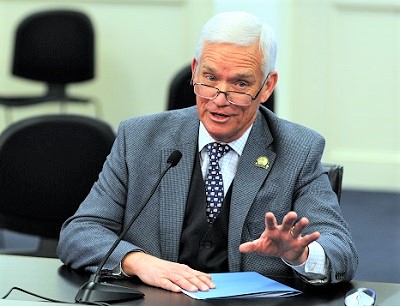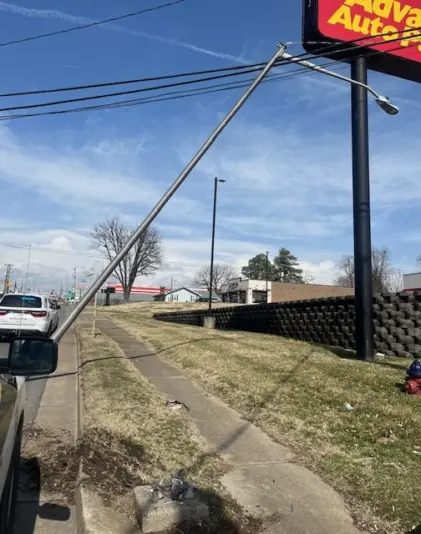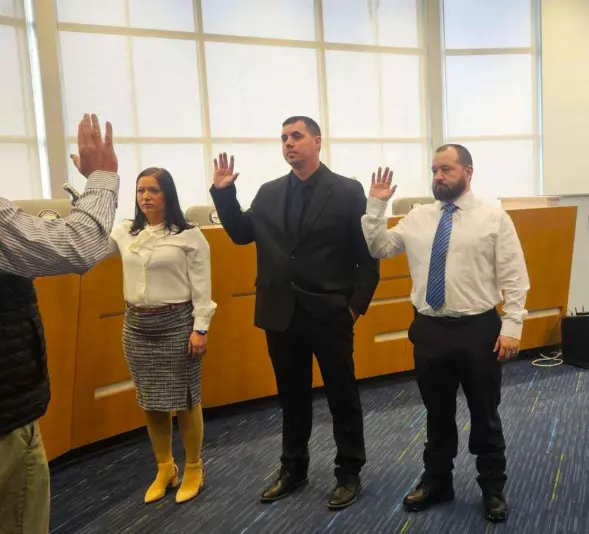
Last week’s 30-day Regular Session activity ended with over 100 bills on the Governor’s desk.
We’ve now entered into the veto recess period, which means last week was the last opportunity for lawmakers to pass bills and still have the opportunity to override any gubernatorial vetoes before the final day of the legislative session. The Governor has 10 days to sign a bill, let it become law without his signature, or veto it.
The Kentucky General Assembly approved the second half of the state’s 24-month spending plan this week after uncertainties from COVID-19 cut budget negotiation short nearly a year ago.
The executive budget, contained in House Bill 192, is as a near continuation budget from the previous fiscal year with necessary modifications. In addition to making structural changes that would ensure the road fund was spent on roads, the executive budget would put $134 million into the rainy day fund this year and another $609 million next year. This budget also addresses Kentucky’s severely outdated unemployment insurance system.
This spending plan includes the return coal severance money, or the tax revenue from mining coal, back to coal-producing counties at record percentages.
An essential aspect of the budget is it maintains legislative authority on the allocation of funds, as required by the Constitution of Kentucky. The bill stipulates that the General Assembly must authorize the use of these monies. $37 million in federal dollars will go towards grants to detect, diagnose, trace and monitor COVID-19 infections in congregate and vulnerable populations. Additionally, $10 million in state dollars will go to the School Facilities Construction Commission for schools recently damaged by flooding.
A critical element in the economic growth of our state is access to reliable internet services for Kentuckians. Reliable broadband can be the difference in companies determining to locate into our communities.
With the reliance on virtual learning our students have had this past year; it is evident how lack of reliable internet access only exacerbates Kentucky students’ struggles. While COVID-19 forced us to rely on more virtual services, we have also seen growth in telehealth services. Securing reliable internet access to areas currently without it can help our economy, education and even improve health outcomes.
With this in mind, the legislature passed House Bill (HB) 320, allocating $250 million of federal money to expand access to broadband connectivity. However, the bills stipulate that no more than $50 million can be spent before April of next year to make sure efforts are deliberate, effective and will go to the areas that need it most. This initial $50 million will get the ball rolling.
Legislators will return next January to provide ample opportunity to assess the efforts made between now and then to determine the best path forward. The funding will be targeted to utilize existing infrastructure and the experienced workforce through electric co-ops. In reality, the allocated funds will equate to $500 million because the $250 million will be used as matching funds for the projects.
Other bills passed in both the House and Senate include:
Senate Bill 55, a measure I am proud to sponsor, prohibits copayments or cost-sharing from being paid by any medical assistance recipients. It prohibits deductibles, copayments, and coinsurance requirements for Medicaid telehealth services and copayments charged in the Kentucky Children’s Health Insurance Program (KCHIP). SB 55 applies to Medicaid Services or any Managed Care Organization (MCO) contracted by the Cabinet for Health and Family Services.
MCOs have long failed to reimburse for medical services. This has placed financial burdens on hospitals and driven up administrative costs. Another bill seeks to mitigate the challenges MCOs have created.
Senate Bill 61, another bill I am sponsoring this session, establishes training standards for the staff of personal services agencies and home health agencies that serve patients with Alzheimer’s disease and other forms of dementia. If enacted into law, the bill would improve the care provided to these patients. The hope is that it would also address retention of direct-care staff by better preparing them for job duties—resulting in less stress and dissatisfaction.
House Bill 95 aims to help Kentuckians struggling with diabetes by capping the cost of out-of-pocket insulin at $30 for a 30-day supply. It applies to state-regulated, comprehensive, private health insurance plans and the Kentucky employee health plan. It does not apply to Medicare, Medicaid, or self-funded health plans.
For too long, the high cost of insulin has caused patients to ration their supply, resulting in a loss of life. Others have had to make desperate financial decisions to maintain their access to their insulin. Kentucky ranks 8th in the nation in diabetes prevalence and is the 5th highest state in diabetes-related deaths. Between 2000 and 2018, the percentage of Kentuckians diagnosed with diabetes doubled. Diabetes can be associated with heart failure, stroke, blindness, and more.
Senate Bill (SB) 8 provides for opting out of mandatory vaccinations for people with religious or conscientiously held beliefs. The bill maintains employer immunization policies for employees of schools, universities, and health care organizations.
Senate Bill 44 would require insurance companies to treat premium and other cost-sharing payments made by nonprofits on behalf of someone as if those payments came from that individual.
Senate Bill 45 would require health insurance companies to apply the value of drug coupons to their enrollees’ deductibles, also known as copay accumulators. SB 45 generally wouldn’t apply if a generic drug were available.
House Joint Resolution 77 extends certain COVID-19 and regulations an additional 60 days. This joint resolution, which can carry the force of law, will be effective only if the court ultimately rules in favor of the legislature on pending litigation. The governor is challenging HB 1 and SBs 1 and 2. Those three bills, if upheld, provide the legislature a seat at the table as life-altering executive decisions are made. It is worth noting that Kentucky is the exception to executive authority rule during a state of emergency. The bills being challenged by the governor would merely bring Kentucky more in line with other states in regards to oversight of executive authority during times like these.
House Bill 328 would re-establish the state’s regulatory authority for roadside billboards after a federal court ruling called the state’s prior regulations into question. One concern had been that Kentucky was at risk of losing as much as $70 million in federal transportation funding for not meeting a federal requirement concerning roadside billboards.
We will return on March 29 and March 30 for the final two days of the session and sine die adjournment.If you have any questions or comments about these issues or any other public policy issue, please call me toll-free at 1-800-372-7181 or email me Stephen.Meredith@LRC.ky.gov.
Sen. Steve Meredith








